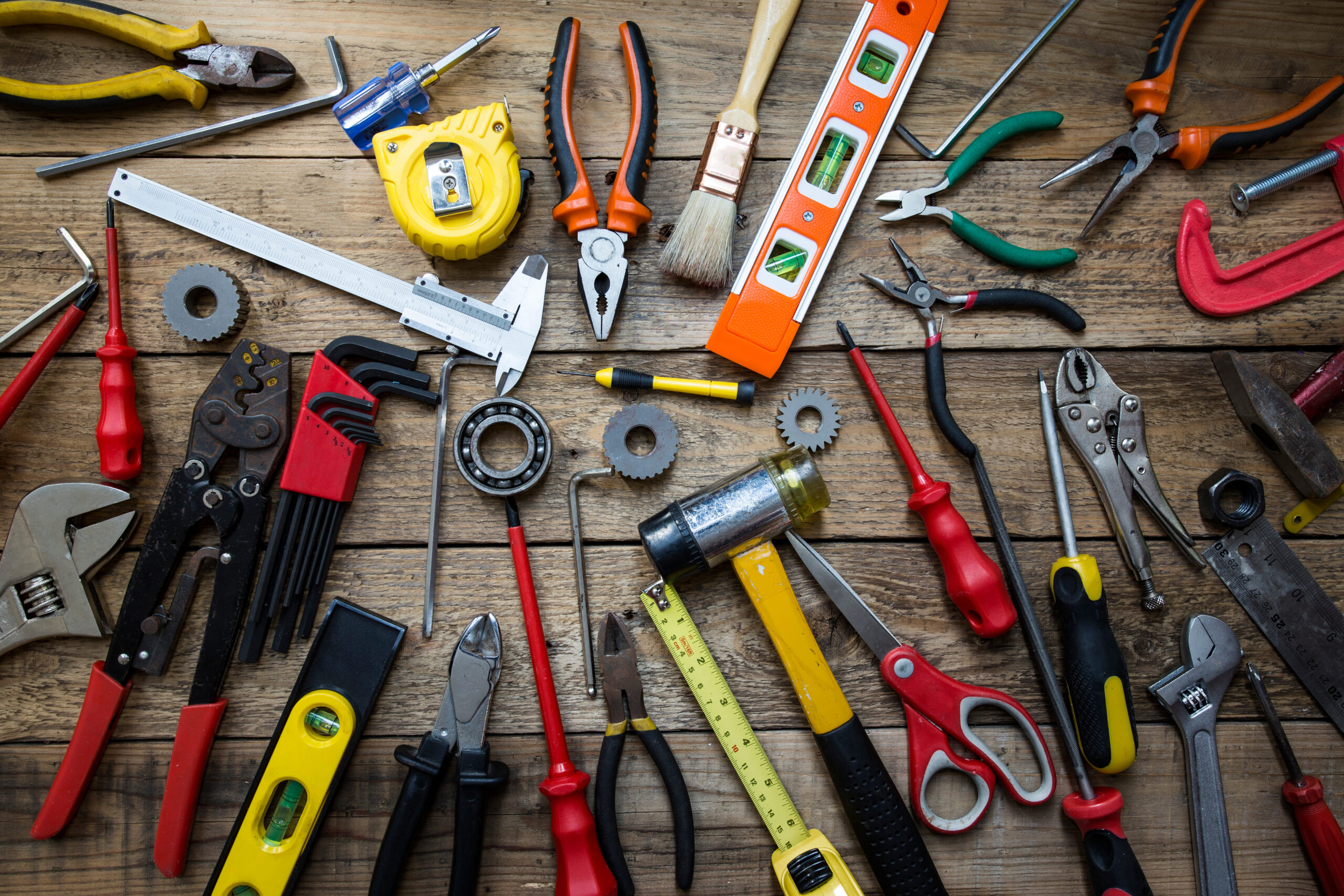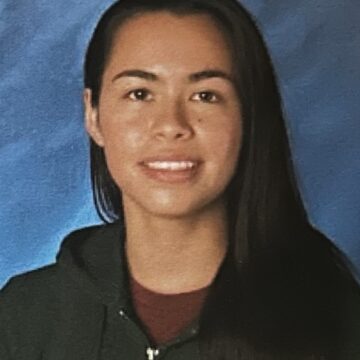
By Stone M.
I’m Stone’s sidekick, friend, and mentor. Stone created me with Legos back in his fifth-grade robotics lab, and I’ve been with him since. Unlike my noisy colleagues in Toy Story, I’m a silent observer and have watched Stone mature over the years. Given my keen eye and experience, I can confidently say that Stone’s life is closely revolved around me–his robot.
In eighth grade, we had to wave goodbye to our founding robotics club since Stone moved to Taiwan. There came our first transition: the new robotics club required me to be built with metal instead of Legos, and Stone had never even laid hands on a wrench before! To my relief, he didn’t stagnate; he shadowed veteran members during meetings, asked questions whenever possible, and stayed for long hours after school to hone his power tool skills. By year-end, Stone had amassed enough knowledge and successfully assembled me a sporty all-metal body.
Before we could relish our success, Stone’s family moved once again from Taiwan to Texas. Stone started high school and joined the new robotics club, where a new challenge brewed. Armed with his mechanical experience, freshman Stone was confident in his approach to designing robots, making him both assertive and at times “bossy.” In fact, he developed hearing issues—other members’ ideas would enter his right ear and immediately exit through his left ear. However, his colleagues still respected his dedication, and overlooking his shortcomings, elected him as President at the end of tenth grade. Now responsible for the entire club’s future, Stone realized he must regain his ‘hearing’ and change his leadership strategy to successfully lead the teams.
Stone grew cognizant of his approach to leadership as he swayed from authoritative to participative. In discussions, he worked hard to shut up and listen. When assembling me, he encouraged others to take the screwdriver. He even sought feedback from his teammates during carpools. These actions instilled a sense of team spirit and collaboration amongst the members, which transformed me into a robot forged with everyone’s ideas. Through their diligence and (mostly) my skillful performance, we advanced past leagues, regionals, and achieved a place amongst the top teams in the State—an unprecedented accomplishment for The Pastabots.
Not that there wasn’t drama along the way.
As if obeying Murphy’s Law, my body became limp two days before the State Championship. Sighs and headshakes filled the lab as I pitifully failed at tasks that I had performed flawlessly the day before. After examination, Stone diagnosed me with “terminal launcher jam;” if untreated, we would be lucky to place second to-last. Then, the team discussed my treatment—a complete rebuild or just a patch-up? With the clock ticking, Stone chose to patch me up.
Wrong decision: after 4 hours of “quick patch-up,” my metal frame still refused to budge. Some members collapsed on the futon and others stared at the clock. Stone gazed at me while holding his wrench, his incisive brown eyes searching for a solution. Suddenly, he announced, “I’m sorry guys. My decision was wrong, but we can’t give up now! Let’s rebuild the launcher.” This resolve reinvigorated the members, and the operation recommenced. Like performing a surgery, overhead lights brightly illuminated me and the surrounding mechanics. With screwdrivers replacing scalpels, and safety goggles in place of surgical headlights, the team succeeded in assembling a new launcher. With it, I scored points with ease. Drowned in everyone’s cheers, Stone came to understand that failure is a part of life but the will to rectify his mistake serves as a motivation to embark on many more ventures in life. Indeed, from the clicking of Legos to the clanking of metal, Stone has laid many stepping stones for the journey ahead. Although it is filled with obstacles, we will face it with optimism. I wonder what’s next? Can’t wait to find out!
Admissions Committee Comments
The author chose a style that feels appropriate to them. This style will not work for everyone, but in this essay, we get some insight into the playful nature of the applicant. The content tells a story of growth. We see the author move from a place of arrogance to one of humility. It allows the final act of the story to take place. The author’s 9th grade self does not seem to be someone who would so willingly accept ownership of a mistake, nor does he seem like the type of leader that might win the support of his team after a mistake. But the growth that takes place through leadership experience is crucial to the author’s development as a willing collaborator.
Stone M.I wanted the committee to know my love for robotics and my challenge with finding the balance of leadership. I also wanted to show that to me, the robots I’ve built are not just hunks of plastic or metal. My teammates and I poured our hearts and soul into each of them, so to us, our robots are our most valuable teammates.





